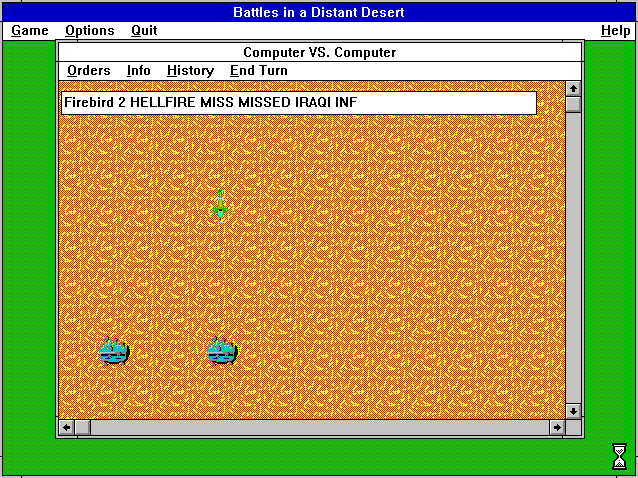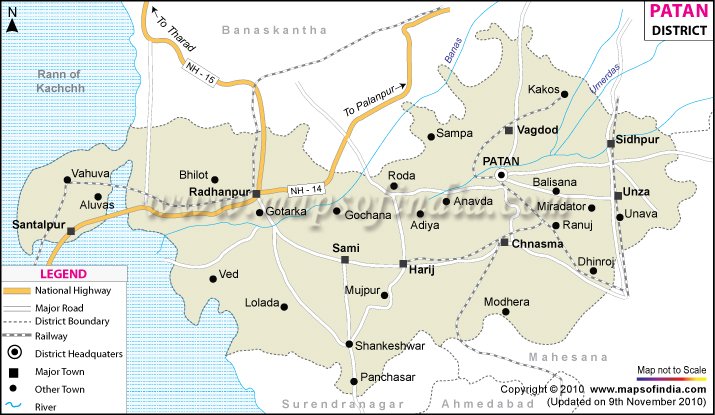Yes, I have seen the thing about Texas suing other states over the election. Yes, the US Supreme Court has original and exclusive jurisdiction over cases between states.
No, this is not a thing that will change the election. At all.
https://t.co/AbyzT3aY4n
It looks like we have a new leader in the \u201ccraziest lawsuit filed to purportedly challenge the election\u201d category:
— Steve Vladeck (@steve_vladeck) December 8, 2020
The State of Texas is suing Pennsylvania, Georgia, Michigan, and Wisconsin *directly* in #SCOTUS.
(Spoiler alert: The Court is *never* going to hear this one.) pic.twitter.com/2L4GmdCB6I
Meaning, for nonlawyers:
SCOTUS is the only place where one state can sue another, but SCOTUS can and often does decline to take the case.
This breaks the prior record for the one dumbest thing that could have been done this election. By far.
Also, more people need to mess with Texas. Messing with Texas should be the new national pastime.
FFS, Texas. You're not just taking a big old dump on our entire system of government. You're doing it with writing this bad?
Kindly - and I say this with all due respect - GROW UP.
https://t.co/s4G1N6QW0f
Fair enough. The opening is pretty funny though, if you like high school debating societies. pic.twitter.com/XAFQE2GRdt
— Arieh Kovler (@ariehkovler) December 8, 2020
More from Mike Dunford
Honestly, I think the answer is that the rationales for these rulings are not likely to unreasonably harm meritorious progressive OR conservative challenges.
Any merit to the notion that the rationales for some of these rulings will harm progressive challenges in future elections?
— Andrew Broering (@AndrewBroering) January 3, 2021
One says laches, another moot, another standing, sometimes with almost the same type of plaintiff.
The first thing to keep in mind is that, by design, challenges to the outcomes of elections are supposed to be heard by state courts, through the process set out in state law.
That happened this year, and the majority of those challenges were heard on the merits.
The couple of cases where laches determined the outcome of state election challenges were ones where it was pretty clear that the challenges were brought in bad faith - where ballots cast in good faith in reliance on laws that had been in force for some time were challenged.
The PA challenge to Act 77 is one example. The challengers, some of whom had voted for passage of the bill, didn't make use of the initial, direct-to-PA-SCt challenge built into the law or sue pre-election; they waited until post-election.
The WI case is another. That one had a challenge to ballots cast using a form that had been in use for a literal decade.
Those are cases where laches is clear - particularly the prejudice element.
Good afternoon, followers of frivolous election litigation. There's a last-minute entry in the competition for dumbest pre-inauguration lawsuit - a totally loony effort to apparently leave the entire USA without a government.
We'll start with the complaint in a minute.
But first, I want to give you a quick explanation for why I'm going to keep talking about these cases even after the inauguration.
They're part of an ongoing effort - one that's not well-coordinated but is widespread - to discredit our fundamental system of government.
It's a direct descendent, in more ways than one, of birtherism. And here's the thing about birtherism. It might have been a joke to a lot of people, but it was extremely pernicious. It obviously validated the racist "not good enough to be President" crowd. But that wasn't all.
Don't get me wrong, that was bad enough. Validating racism helped put the kind of shitbird who would tweet this from an official government account into power. But it didn't stop
Woke-ism, multiculturalism, all the -isms \u2014 they're not who America is. They distort our glorious founding and what this country is all about. Our enemies stoke these divisions because they know they make us weaker. pic.twitter.com/Mu97xCgxfS
— Secretary Pompeo (@SecPompeo) January 19, 2021
(Also, if you agree with Pompeo about multiculturalism - the legendary melting pot - not being what this country is all about, you need to stop following me now. And maybe go somewhere and think about your life choices and what made you such a tool.)
The more thinking I do the less serious - and more ludicrous - the entire thing looks. And the more obvious it becomes that this is the proposal of deeply unwell individuals who are not thinking clearly.
Can you game out where it would go it theoretically Trump did enact some EO demanding the impounding of voting machines? As that\u2019s clearly the game. Like he signs it, then what? Do marshals listen or refuse? Do states sue and get an emergency injunction and that\u2019s the end?
— Bryan Duva (@duva60) December 21, 2020
On the legal side, I read through the list of emergency powers - the whole list - that was assembled by the Brennan Center. Nothing on that list fits. Nothing comes even
It seems extraordinarily unlikely that any executive order along the lines of what has been discussed would be legal. In this case, it can be taken as a given that one or more targeted jurisdictions would dash right off to the courthouse.
Standing would not, it should go without saying, be likely to be an issue. I doubt redressability would either. I think it's very likely that restraining orders and injunctions would be swiftly issued.
That's the legal side, to the extent it's possible to speculate on that at all at this point. Basically, there's no readily apparent legal basis for such a thing, so it probably wouldn't be legal.
That's the easy part. Now for the nuttier side - the logistics.
More from Politics
BREAKING: President Donald Trump has submitted his answers to questions from special counsel Robert Mueller
— Ryan Saavedra (@RealSaavedra) November 20, 2018
Mueller's officially end his investigation all on his own and he's gonna say he found no evidence of Trump campaign/Russian collusion during the 2016 election.
Democrats & DNC Media are going to LITERALLY have nothing coherent to say in response to that.
Mueller's team was 100% partisan.
That's why it's brilliant. NOBODY will be able to claim this team of partisan Democrats didn't go the EXTRA 20 MILES looking for ANY evidence they could find of Trump campaign/Russian collusion during the 2016 election
They looked high.
They looked low.
They looked underneath every rock, behind every tree, into every bush.
And they found...NOTHING.
Those saying Mueller will file obstruction charges against Trump: laughable.
What documents did Trump tell the Mueller team it couldn't have? What witnesses were withheld and never interviewed?
THERE WEREN'T ANY.
Mueller got full 100% cooperation as the record will show.
Right-wing media have essentially convinced themselves that Trump never said "very fine people." They're lying. https://t.co/5960NPMYLJ
— Parker Molloy (@ParkerMolloy) February 11, 2021
I was wondering why that tweet had so many stupid replies. And now I see
The Fine People Hoaxers are trying hard to keep you from reading the actual FULL transcript because then you would see how the hoax was pulled off with devious editing. https://t.co/PQLj0DWuPj
— Scott Adams (@ScottAdamsSays) February 11, 2021
Seriously, this was “the night before.” If you’re at the march where they’re changing “Jews will not replace us” and “Blood and soil,” you’re not a “very fine person.” Full stop.
Trump defense talking about how the then-president was praising the peaceful protests at Charlottesville that occurred "the night before" the violence on Saturday. That was the night where the torch-bearing crowd chanted "Jews will not replace us." pic.twitter.com/HCKS6Q9LBY
— Anthony Zurcher (@awzurcher) February 12, 2021
There are 3 important moments in that transcript.
1.) When someone asked Trump about a statement *he had already made* about there being blame on “both sides,” he said the “fine people” line.

2. Trump does clarify! “I’m not talking about the neo-Nazis and white nationalists — because they should be condemned totally “
Okay!
Then adds that there were “many people in that group other than neo-Nazis and white nationalists.”

You May Also Like
If everyone was holding bitcoin on the old x86 in their parents basement, we would be finding a price bottom. The problem is the risk is all pooled at a few brokerages and a network of rotten exchanges with counter party risk that makes AIG circa 2008 look like a good credit.
— Greg Wester (@gwestr) November 25, 2018
The benign product is sovereign programmable money, which is historically a niche interest of folks with a relatively clustered set of beliefs about the state, the literary merit of Snow Crash, and the utility of gold to the modern economy.
This product has narrow appeal and, accordingly, is worth about as much as everything else on a 486 sitting in someone's basement is worth.
The other product is investment scams, which have approximately the best product market fit of anything produced by humans. In no age, in no country, in no city, at no level of sophistication do people consistently say "Actually I would prefer not to get money for nothing."
This product needs the exchanges like they need oxygen, because the value of it is directly tied to having payment rails to move real currency into the ecosystem and some jurisdictional and regulatory legerdemain to stay one step ahead of the banhammer.






















